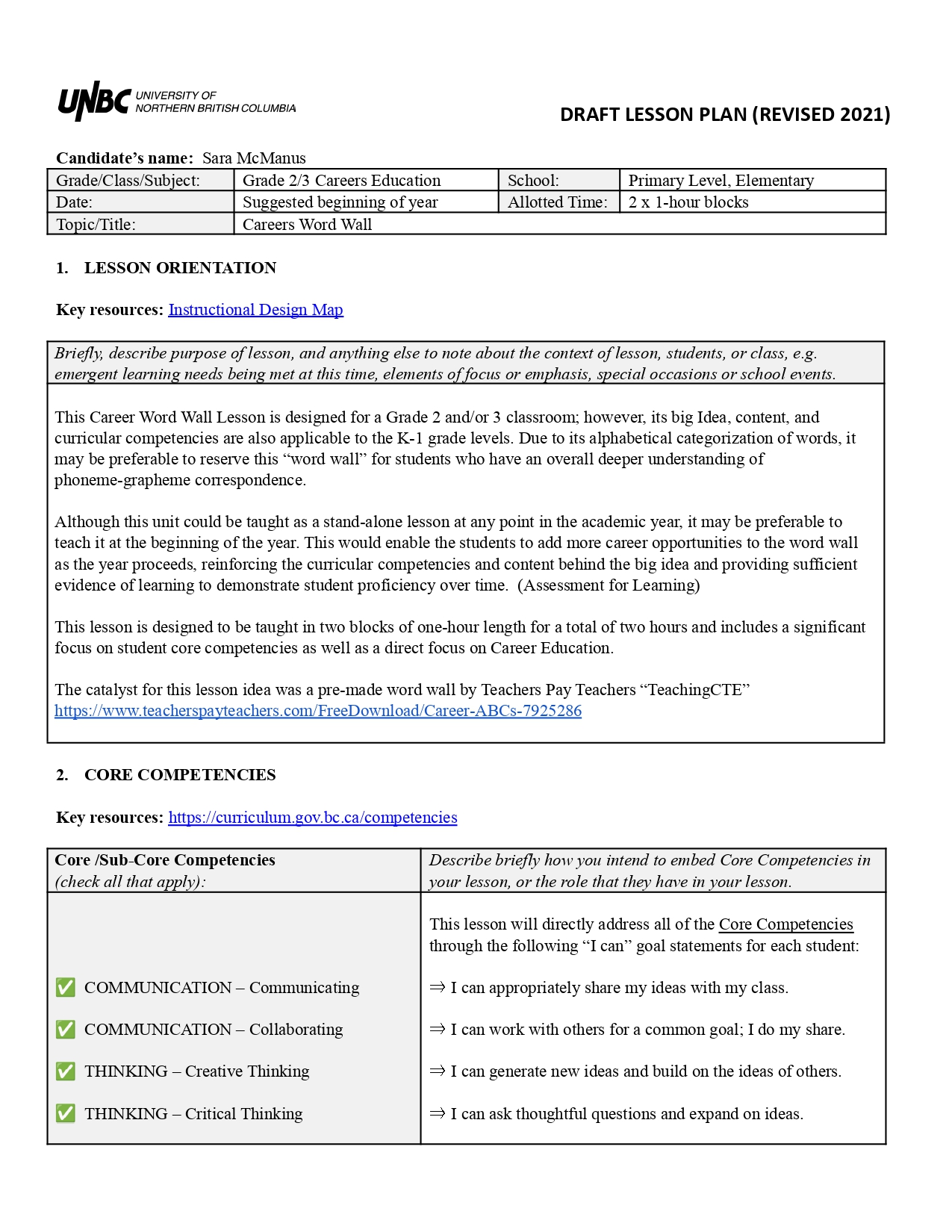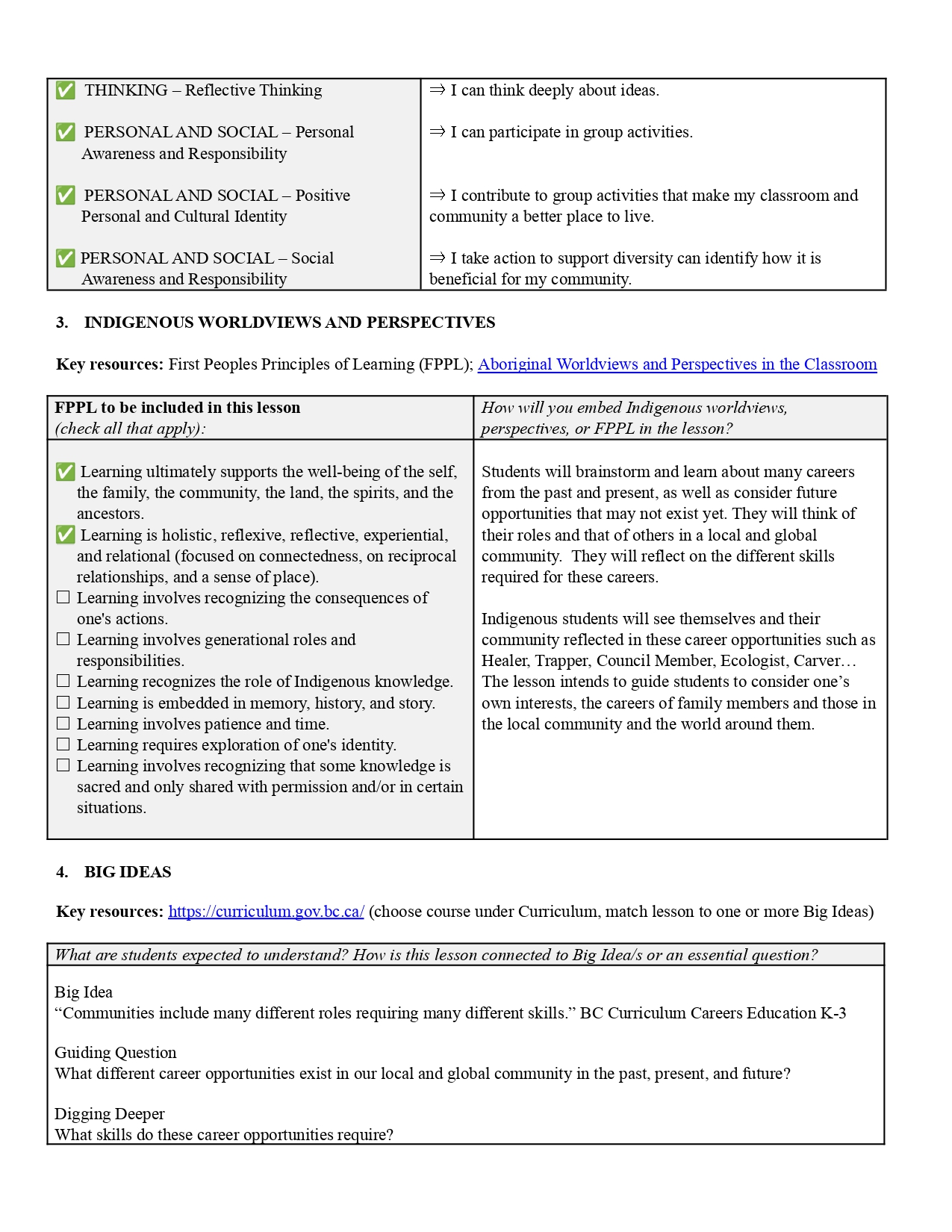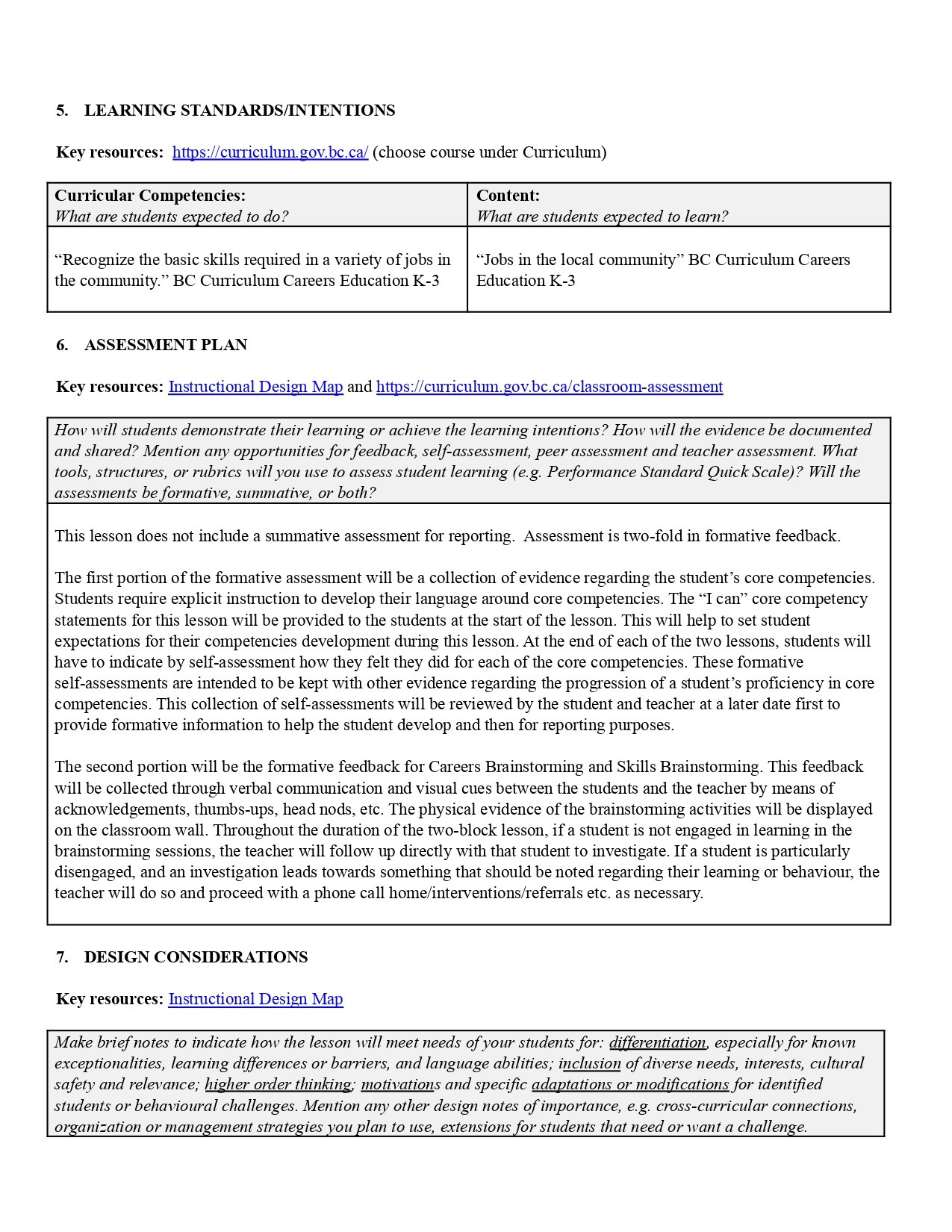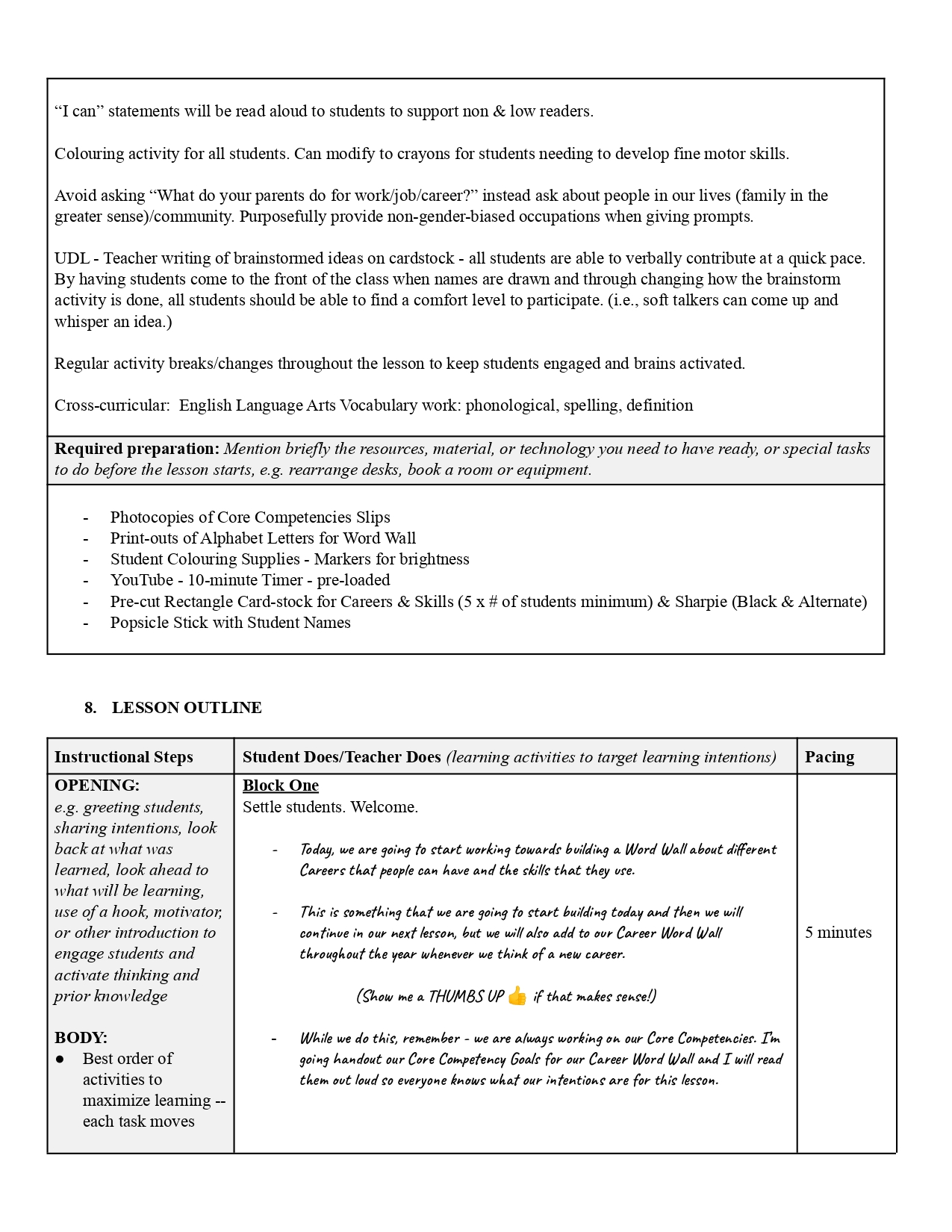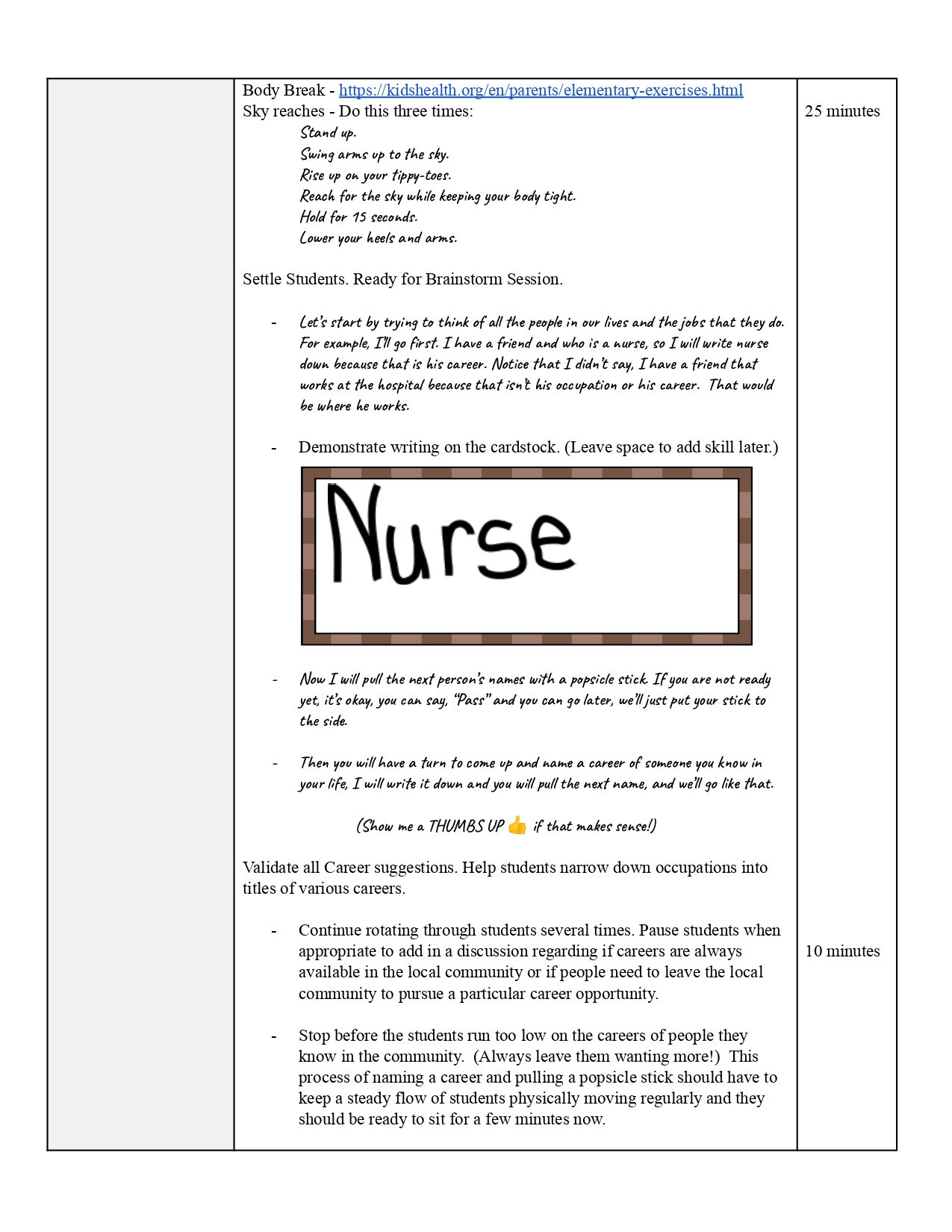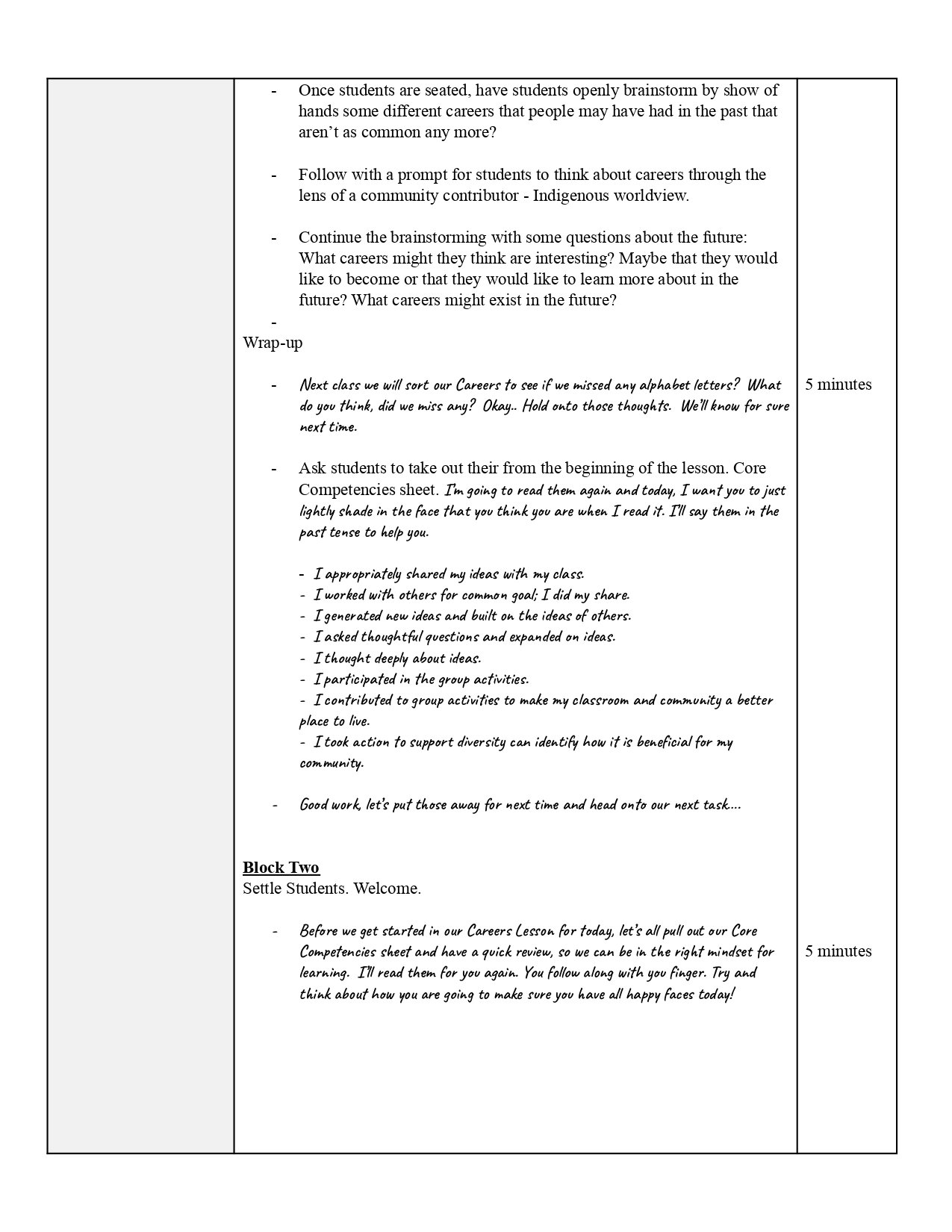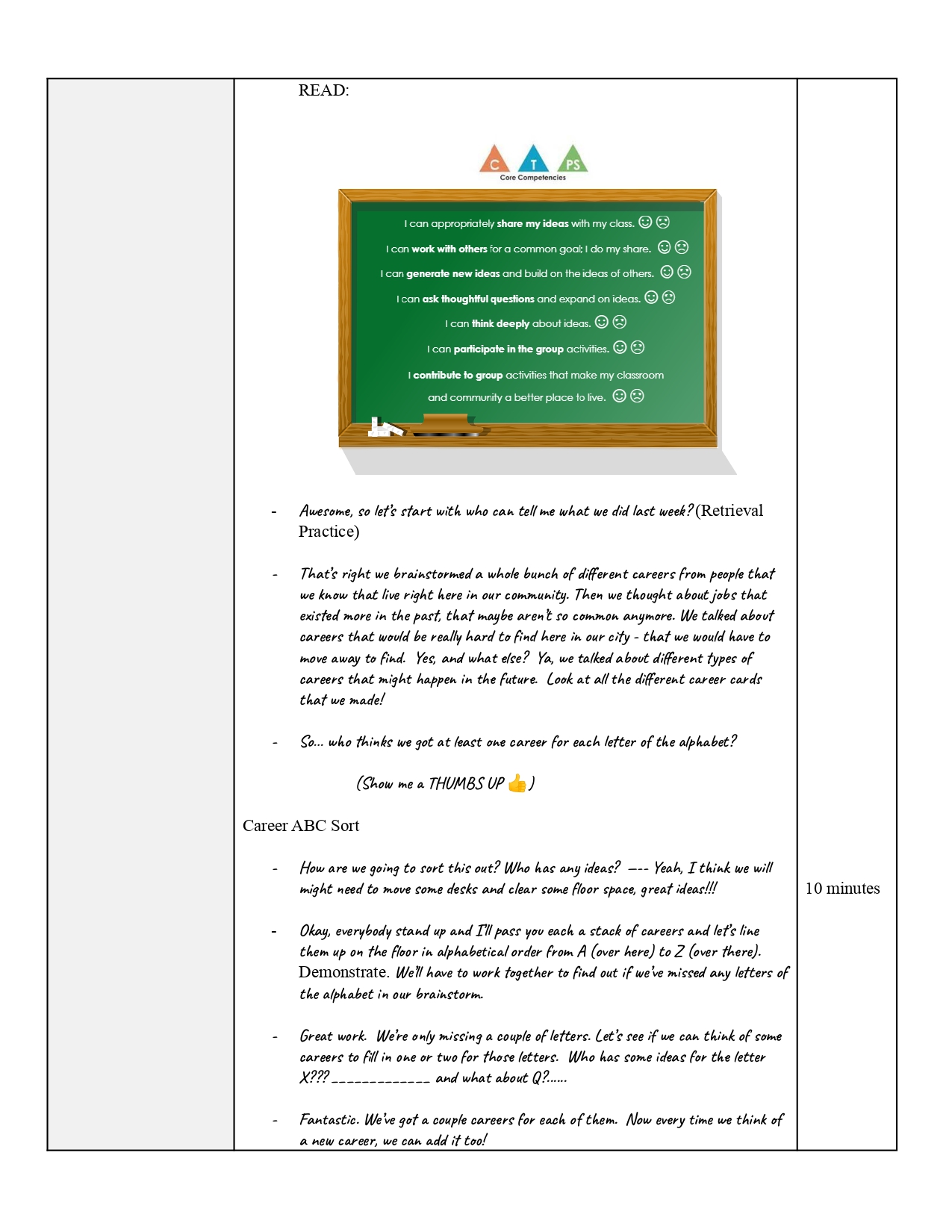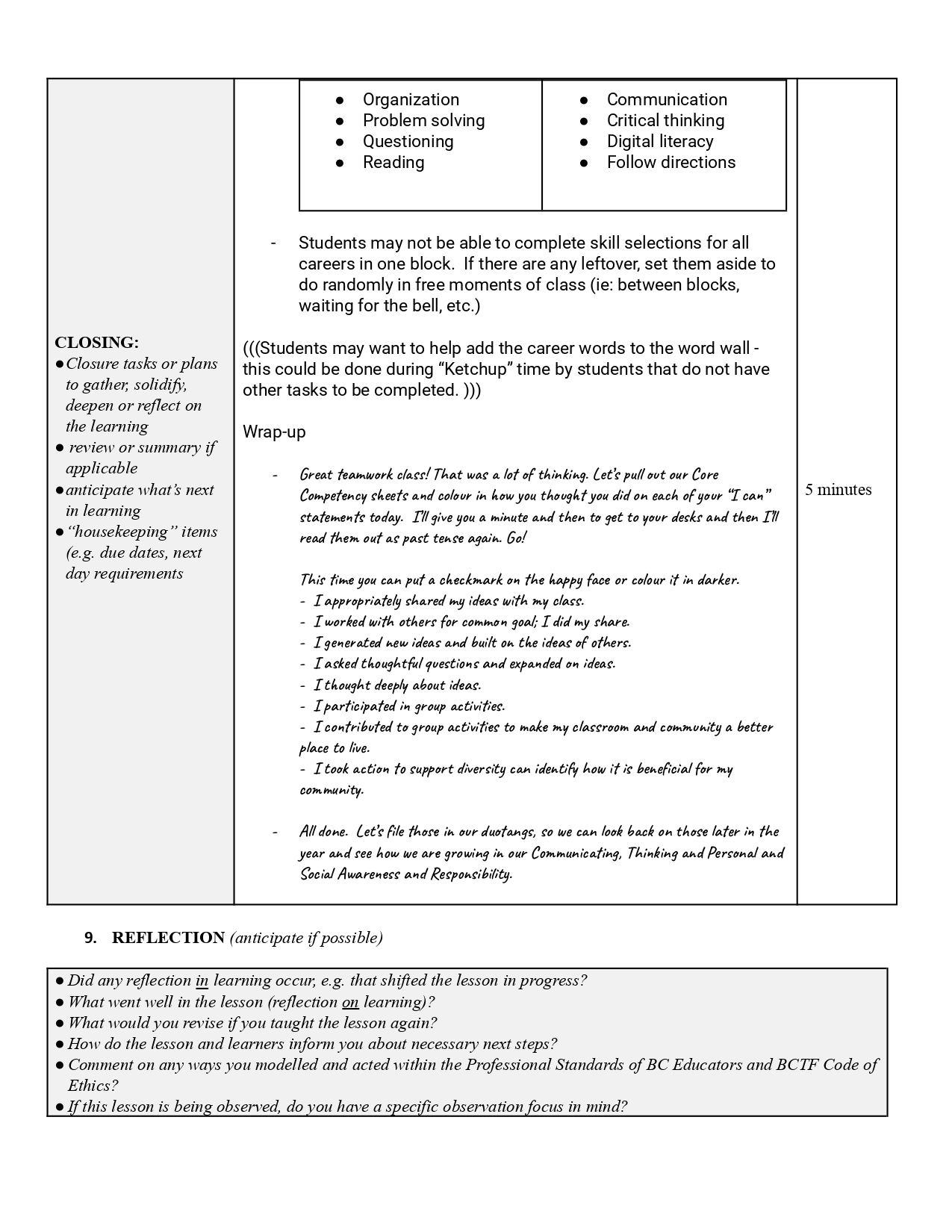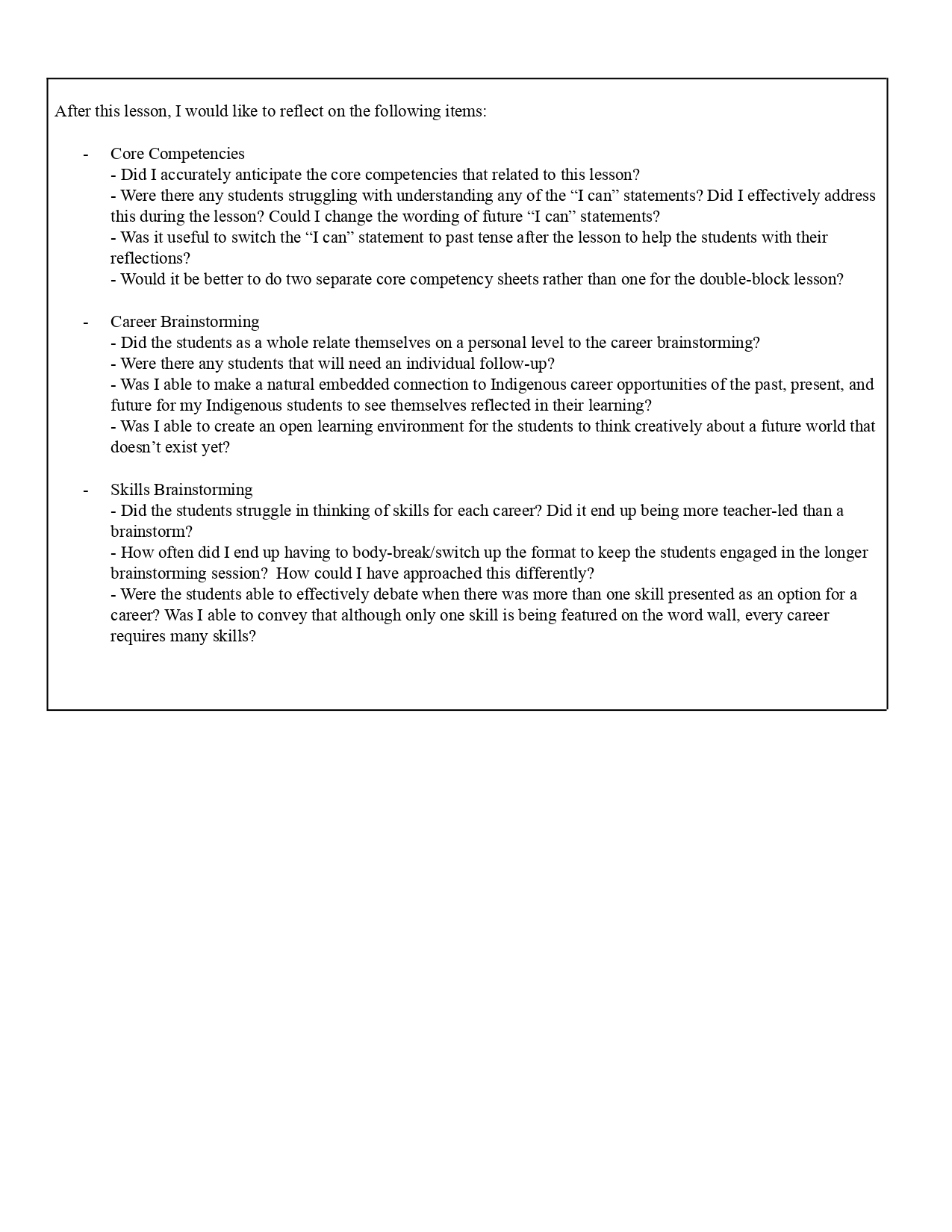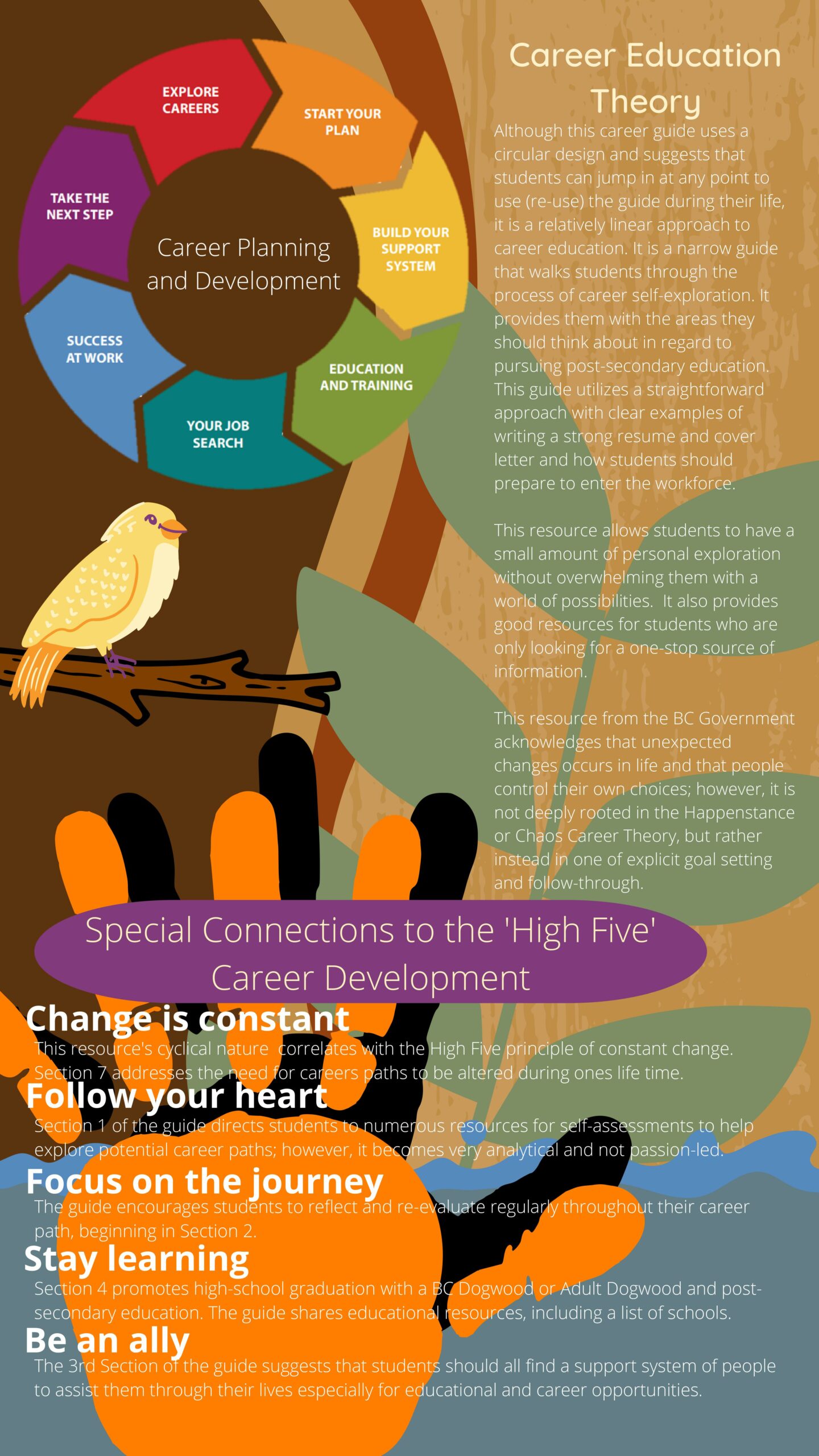A Careers Education Resource for High School Teachers
Teachers as Influencers
Whether teachers love the idea or not, they are deemed by the BC Court of Appeal (Shewan et al. versus Board School Trustees of School District No. 34 1987) to be role models to their students one hundred percent of the time. As professional educators, they are someone who “holds a position of trust, confidence and responsibility,” and therefore, are held to a higher standard than other members of society (Berryman. 1998.). There is no reason to believe that this position of influential power would not include influence over a student’s career. It is impossible to know how much of an impact a teacher’s single word could have on a student’s life.
Teachers are uniquely situated due to their position of power and must handle it with the utmost care. One strategy a teacher can take is to ensure that they do not impose their personal bias on the future career potential of their students. Teachers can attend professional development days specifically on Career Education; as well as, find regularly updated career resources that are applicable to their level of teaching.
One of the biggest challenges for teachers in the future is keeping up with the speed and vast variety of changes in the modern labour market. Teachers who do not stay current with the projected demands of future employment needs will be providing a disservice to their students.
Reference:
Berryman, Jack. (June 1998). Canada’s Courts Say Teachers Must Be Role Models. Professional Speaking. [Article]. Retrieved from https://professionallyspeaking.oct.ca/june_1998/role.htm#:~:text=Recent%20court%20decisions%20say%20teachers,position%20of%20trust%20and%20influence.&text=Teachers%20are%20expected%20to%20be,inside%20and%20outside%20the%20classroom

